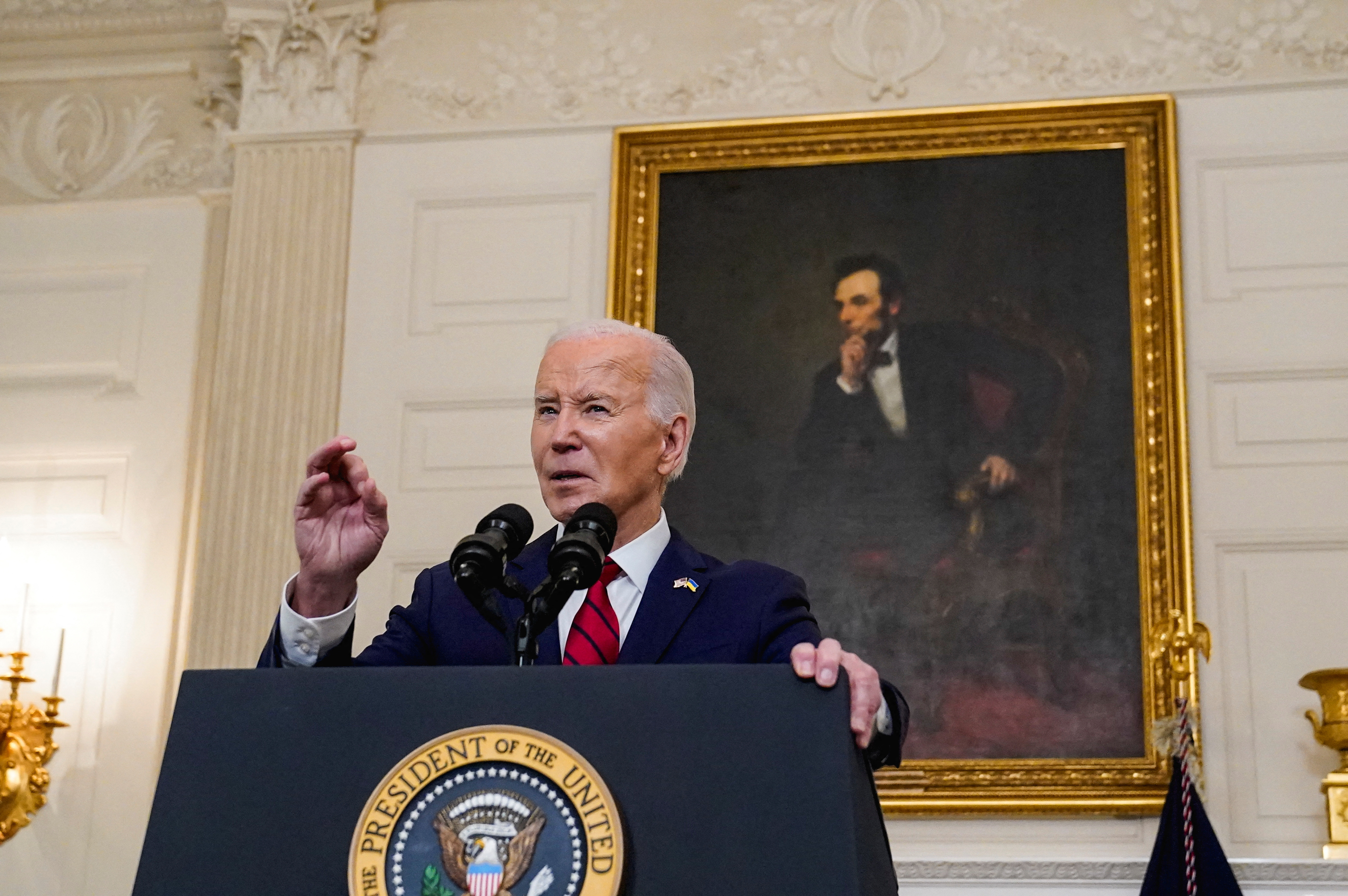Newly declassified documents reveal a troubling expansion of government surveillance under the Biden administration — targeting not criminals, but everyday Americans for their political views. On Chicago’s Morning Answer, Dan Proft and Amy Jacobson spoke with Dr. John Lott, president of the Crime Prevention Research Center, about these revelations and broader issues around gun violence and civil liberties.
The declassification by former DNI Tulsi Gabbard shows that Biden-era policies aimed not just at preventing violence but at monitoring and sanctioning individuals engaged in so-called “concerning non-criminal behavior.” Lott explained that rather than focusing on those committing crimes, the administration sought to pressure financial institutions to deny services to Americans based on political views, especially conservatives and Catholics.
“What’s startling is that they weren’t just identifying people—they were debanking them,” said Lott. “They wanted to make it difficult for individuals with disfavored political views to operate in everyday life.” Lott pointed to the example of Trump-aligned attorney John Eastman, whose accounts with major banks like Bank of America and USAA were closed without warning.
The effort echoes the Obama-era Operation Chokepoint, Lott noted, but under Biden, the targeting extended beyond disfavored industries to private citizens themselves. And it happened without legislation — much like the censorship seen in the tech sector, where government pressure encouraged social media platforms to silence dissenters unofficially.
Turning to crime policy, Lott pushed back against new arguments by University of Chicago economist Jens Ludwig. Ludwig’s new book Unforgiving Places claims most urban gun violence stems from everyday disputes escalating into tragedy due to environmental factors, rather than gang activity. Lott strongly disagreed.
“This is typical left-wing framing,” Lott said. “Ninety percent of murderers have a violent criminal record. These are not normal people losing their temper.” He pointed out that murders are highly concentrated geographically — with two percent of U.S. counties accounting for over half of all murders — and overwhelmingly linked to gang activity.
While Lott acknowledged there’s validity to “broken windows” theories, where public disorder invites more serious crime, he argued Ludwig ignores the core issue: violent repeat offenders operating with near impunity, often thanks to lenient criminal justice policies.
As the conversation drew to a close, Lott underscored the broader danger: “This administration is using financial institutions and tech companies to suppress political dissent, just as they use soft-on-crime policies to downplay the reality of urban violence. It’s not about public safety or civil rights—it’s about control.”
With federal agencies expanding their influence into Americans’ bank accounts and online speech, Lott’s warning was clear: these policies are not just alarming—they are a fundamental threat to liberty.





